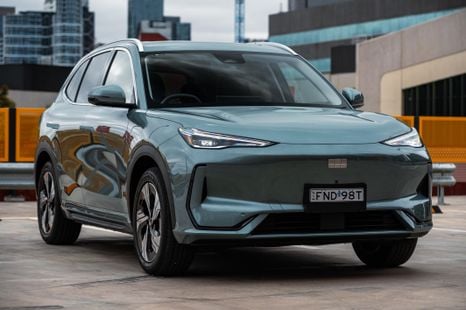

William Stopford
2026 Geely EX5 Extended Range price and specs leaked
60 Minutes Ago

Contributor
Toyota Motor Corporation has revealed a home battery storage system for Japan which will bring the fight to the popular Tesla Powerwall.
Called the O-Uchi Kyuden System, this Toyota home battery pack uses battery technology that’s based on that used in its hybrid, plug-in hybrid, hydrogen fuel-cell and battery-electric vehicles.
Japanese pre-orders for the Toyota home battery storage system have already begun, with sales expected to commence in August 2022. At this stage the product is expected to be for the Japanese market only.
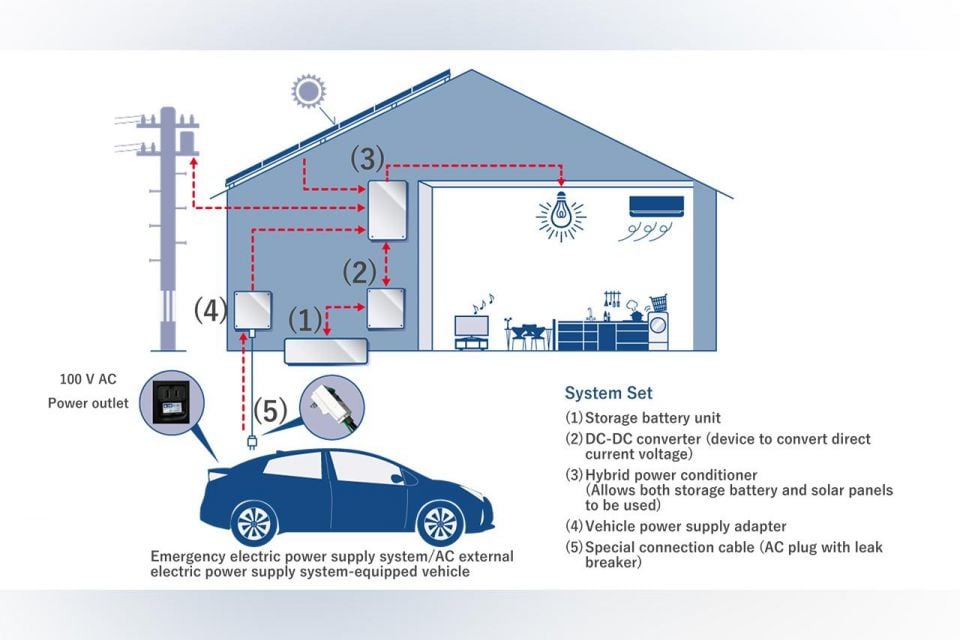
The O-Uchi Kyuden System has a capacity of 8.7kWh and an output of 5.5kWh. It’s unclear what type of battery chemistry this system uses.
“This ensures safety and provides a supply of electricity to the entire home not just in normal situations, but even during power outages caused by natural disasters,” says Toyota.
This Toyota home battery pack’s overall capacity is smaller than the 13.5kWh Tesla Powerwall, though its output rate is almost identical.
It’s unclear if you can link these Toyota home battery packs up the same way you can stack Tesla Powerwalls. For context, you can stack up to 10 Powerwalls for added battery capacity.
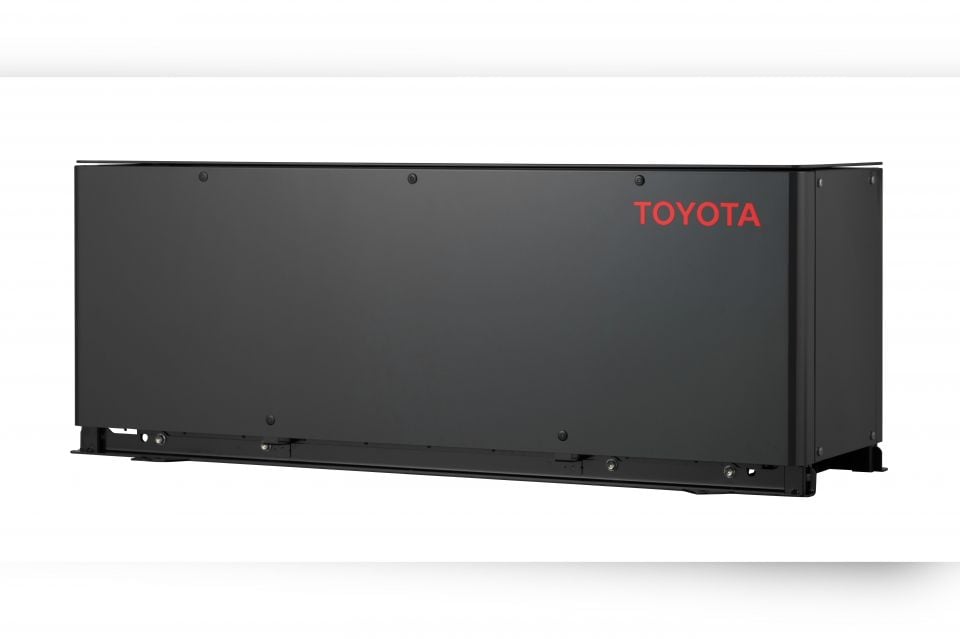
Owners can also connect up a home solar panel system which can “supply the appropriate amount of electricity based on the customers needs throughout the day and night”.
The home battery pack also works as a bi-directional charger, which means that an EV can power your home in an emergency during power outages. This is rated at 100V AC.
This isn’t something Tesla offers with its Powerwall system, but other home battery systems offer bi-directional charging.
Owners can monitor what the Toyota O-Uchi Kyuden System is doing in real-time through a dedicated app that’s available on smartphones and tablets. For now it’s only available in Japanese.
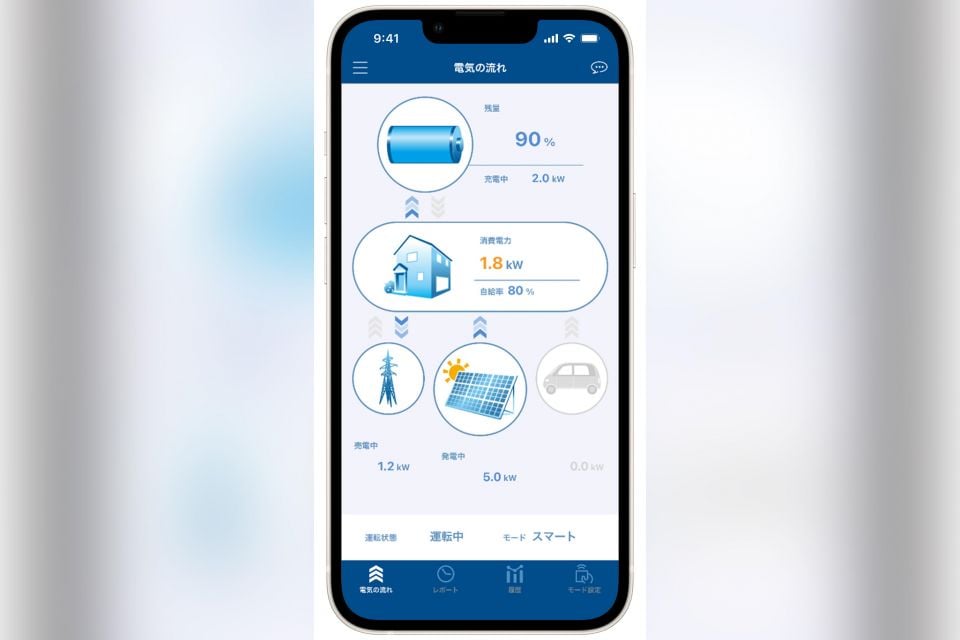
The Toyota home battery pack system must be installed outside and can operate in temperatures ranging from -20°C to 45°C
Previously Mercedes-Benz manufactured home battery systems, but left the market in 2018 leaving dominant Tesla with one fewer rival to worry about.
In the world of automakers using its EV battery technologies for a second purpose, Nissan recently revealed it has launched a trial using repurposed Nissan Leaf batteries on a railway crossing in Japan.
Similar to the Toyota home battery pack, this is intended to be used in emergency events such as power outages and maintenance work.
Go deeper on the cars in our Showroom, compare your options, or see what a great deal looks like with help from our New Car Specialists.
Jack Quick is an automotive journalist based in Melbourne. Jack studied journalism and photography at Deakin University in Burwood, and previously represented the university in dance nationally. In his spare time, he loves to pump Charli XCX and play a bit of Grand Theft Auto. He’s also the proud owner of a blue, manual 2020 Suzuki Jimny.


William Stopford
60 Minutes Ago
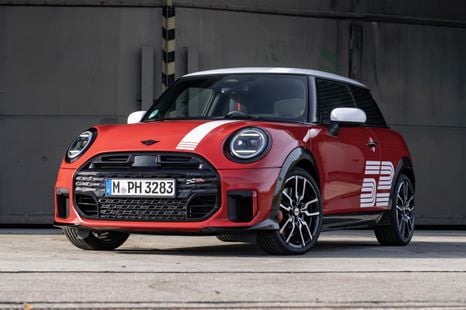

Max Davies
1 Hour Ago
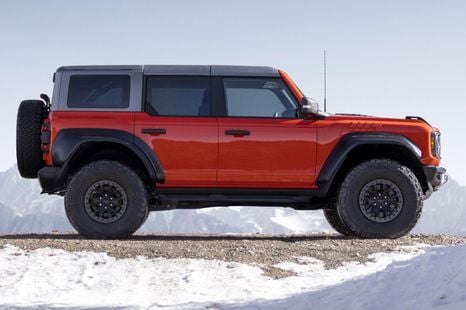

Ben Zachariah
3 Hours Ago
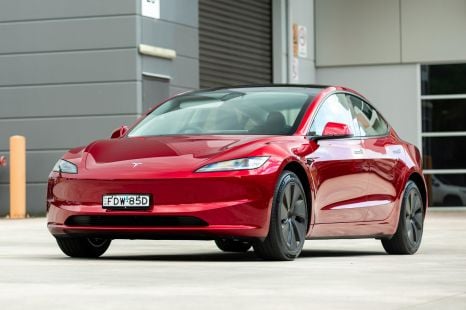

Damion Smy
4 Hours Ago
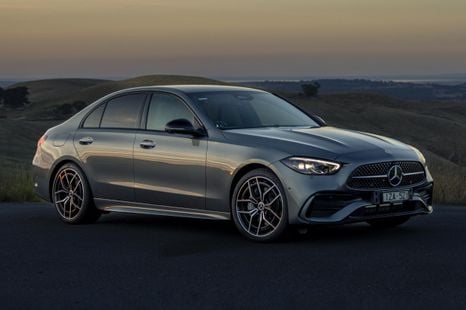

William Stopford
4 Hours Ago
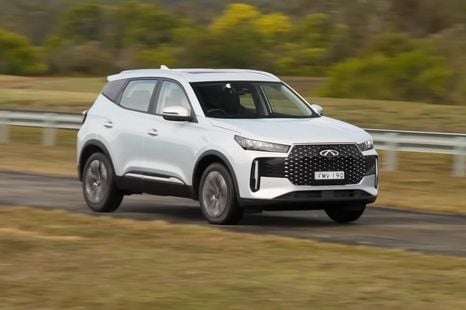

Damion Smy
5 Hours Ago
Add CarExpert as a Preferred Source on Google so your search results prioritise writing by actual experts, not AI.